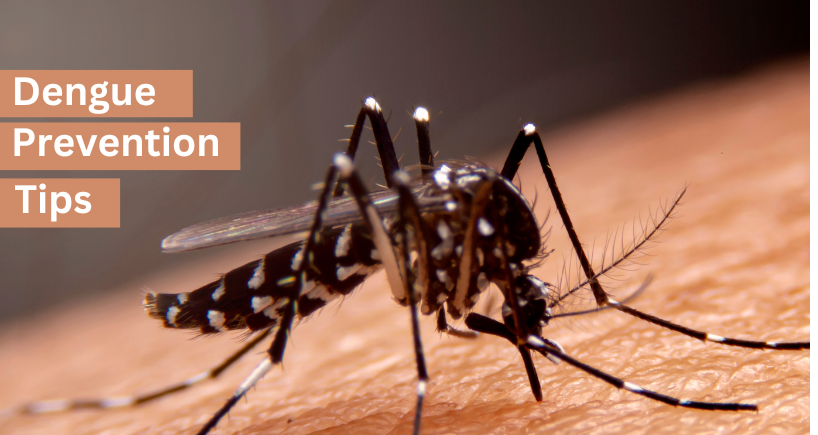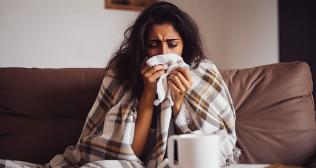
Dengue Prevention Tips
Dengue Prevention Tips: Safeguarding Your Health Against a Silent Threat
Dengue fever, a mosquito-borne viral infection, poses a significant public health challenge in many parts of the world. With no specific antiviral treatment available, prevention becomes the primary line of defense against this potentially life-threatening disease. Dengue outbreaks can affect both urban and rural areas, making it crucial for individuals and communities to adopt effective preventive measures. In this blog, we will delve into essential dengue prevention tips to help you safeguard your health and contribute to the collective effort in combatting dengue.
1. Understanding Dengue Transmission
Before delving into prevention tips, it is crucial to understand how dengue is transmitted. The primary vector responsible for transmitting dengue is the Aedes mosquito, particularly the Aedes aegypti species. These mosquitoes are active during the day, with peak biting times around dawn and dusk. They breed in stagnant water, making urban areas with poor waste management and water storage facilities particularly susceptible to dengue outbreaks.
2. Eliminate Mosquito Breeding Sites
The first step in dengue prevention is to remove potential breeding grounds for mosquitoes around your home and community. Follow these steps to ensure a mosquito-free environment:
a. Regularly empty, clean, and cover containers that store water, such as buckets, vases, and flowerpots.
b. Dispose of discarded items that can collect rainwater, like old tires and bottles.
c. Keep gutters and drains clean and free of debris to prevent water accumulation.
d. Ensure proper maintenance and chlorination of swimming pools and fountains.
e. Use mosquito screens or nets on windows and doors to prevent mosquito entry.
3. Personal Protection Measures
While eliminating breeding sites is crucial, personal protection measures are equally important to avoid mosquito bites. Follow these guidelines to reduce your risk of mosquito exposure:
a. Wear long-sleeved shirts and long trousers, especially during peak mosquito activity hours.
b. Use mosquito repellents containing DEET, picaridin, or IR3535, as recommended by health authorities.
c. If using sunscreen and repellent together, apply sunscreen first and then the repellent.
d. Sleep under mosquito nets, especially for infants, young children, and pregnant women.
e. Consider wearing light-colored clothing as mosquitoes are more attracted to dark colors.
4. Community Engagement and Mobilization
Dengue prevention is most effective when communities work together to combat the disease. Engaging in community mobilization efforts can significantly reduce mosquito populations and the risk of dengue outbreaks:
a. Conduct regular clean-up campaigns to remove potential breeding sites in public areas.
b. Organize educational workshops and awareness campaigns to disseminate information on dengue prevention.
c. Collaborate with local authorities and health organizations to implement mosquito control measures.
5. Travel Precautions
Travellers to dengue-endemic regions should take extra precautions to protect themselves from mosquito bites and reduce the risk of dengue infection:
a. Pack and use mosquito repellents and mosquito nets while staying in affected areas.
b. Stay in accommodations with proper mosquito protection, such as screened windows and air conditioning.
c. Be vigilant about personal protection measures, especially during peak mosquito activity times.
6. Early Detection and Reporting
Timely detection and reporting of dengue cases are critical for effective disease surveillance and control. If you experience symptoms like high fever, severe headaches, joint and muscle pain, rashes, or bleeding, seek medical attention immediately. Early diagnosis allows healthcare professionals to provide appropriate care and implement measures to prevent further transmission.
7. Herd Immunity and Vaccination
Herd immunity plays a crucial role in dengue prevention, as it reduces the overall transmission of the virus within a community. Vaccination against dengue is available in some regions, and it is essential to consult with healthcare professionals to determine if vaccination is recommended for you based on your location and health status.
Categories
Clear allMeet the doctor

- Infectious Diseases | Infectious Diseases
-
10 Years
-
1500



















